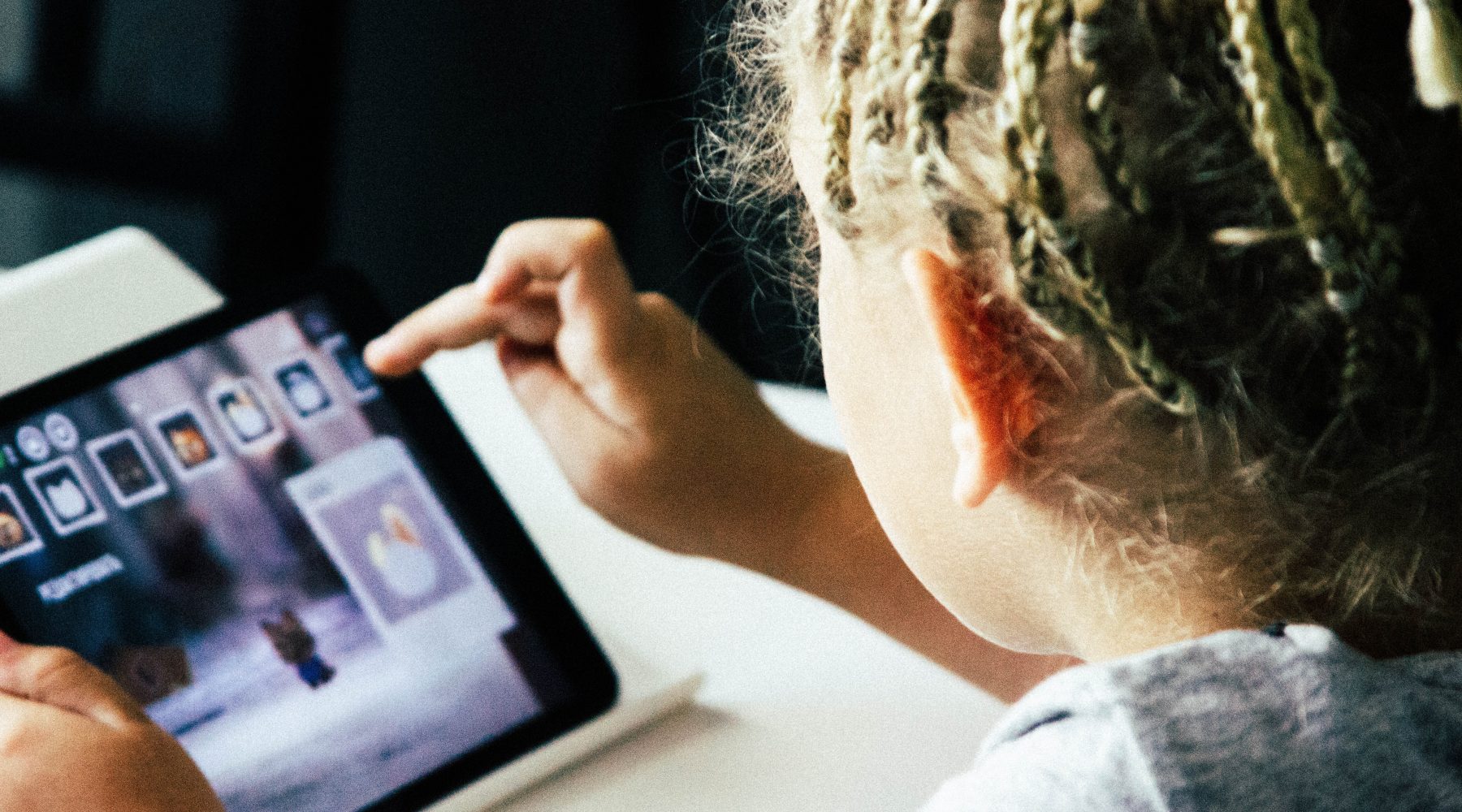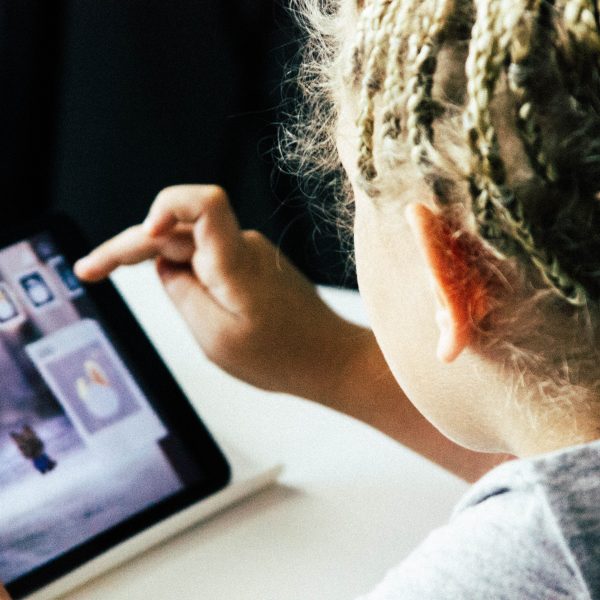Collaborators needed to develop play based cyber safety program

The Alannah & Madeline Foundation is seeking early childhood education and care (ECEC) professionals from around Australia to support in the development of a play-based cyber safety program for children in their final year of early learning (typically aged four and five .)
The program, when complete, will be specifically tailored for young children, and will use play-based approaches to educate children on elements of cyber safety such as:
- Encountering content (images, videos, games or scenarios) which they find upsetting or uncomfortable
- Content which deals with inappropriate themes for their age group
- Children connecting with people they don’t know
- Children acting in ways which hurt others – this could be through sending words or images, making in-app purchases, or ‘ruining’ the work of others in a game
The program is being developed in a partnership between the Alannah & Madeline Foundation and the Australian Federal Police, and aims to teach kindergarten children, parents and teachers, about technology using a play-based approach which is based on the latest evidence and research.
Valuing a collaborative approach with the ECEC sector, project lead Dan Donahoo said it was important for the team designing the projects outputs to involve the “experts”, adding that the team value the experience and knowledge of those who work directly with children.
“We would love their help in building a program that will teach young children how to use networked technology in safe and appropriate ways” Mr Donahoo said.
There are a number of ways for services around Australia to be involved in the development of the program, through participating in a co-design experience, which will support the development and testing of the program, which has a working title of the “Playing It Safe” initiative.
Those who move ahead on joining the project will become part of a Co-Design Incubator, which Mr Donahoo explained is “a fancy name for a collection of people who will offer their expertise and wisdom in different ways while we develop and design the project.”
Members of the co-design group will play a key role in helping to design the program, which will help teach young children about the internet and digital technology in a way that is developmentally appropriate.
Currently, Mr Donahoo said, the team have a concept and an idea about what they would like to do, with incubator members being brought on board to help test, check and interrogate outputs to ensure the program meets the needs of children, educators and families.
There are a variety of different opportunities available as part of the co-design experience, Mr Donahoo explained, with participants being able to choose a level of commitment and involvement which works around other demands in their professional lives.
Activities undertaken by the co-design group will include:
1.Workshops
A gathering of 8-12 educators who undertake a facilitated experience where they come up with ideas for play-based experiences that help to teach children concepts about the internet and digital technology.
2. Conversations & Interviews
One-on-one or group chats at their own service, or on the phone, with the project design team to help shape and guide the design of play-based experiences and activities.
3. Surveys
Respond to online surveys or questions that may come out of the workshops and conversations that happen during development to give a group perspective on certain ideas and decisions.
4.Practice testing in early learning environments
Being provided with early versions of resources and tools to help test and trial – providing feedback to help ensure the resources are effective and can be used in the way they are intended to support children’s learning and development.
5.Pilot sites
Offer their service as a site to trial the final version of the resources and program that is developed to help refine and improve the product before final launch.
Two initial co-design workshops to launch the Co-design Incubator process will be held in South Melbourne, Victoria on Monday 8th and Wednesday 10 April from 1-4pm, however interested parties from around Australia are invited to express their interest to Mr Donahoo, to determine the best way to become involved.
To express an interest in the project, please contact:
Daniel Donahoo
Senior Advisor, Digital Innovation
0414 306 275
Popular

Quality
Practice
Provider
Workforce
Reclaiming Joy: Why connection, curiosity and care still matter in early childhood education
2025-07-09 10:00:07
by Fiona Alston

Policy
Practice
Provider
Quality
Research
Workforce
Beyond the headlines: celebrating educators and the power of positive relationships in early learning
2025-07-07 10:00:24
by Fiona Alston

Workforce
Policy
Quality
Practice
Provider
Research
ECEC must change now, our children can’t wait for another inquiry
2025-07-02 07:47:14
by Fiona Alston













